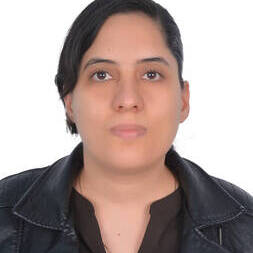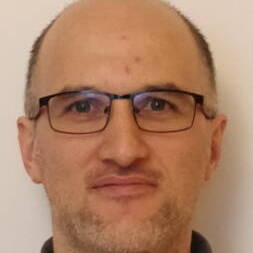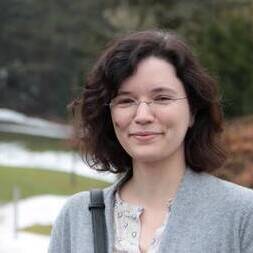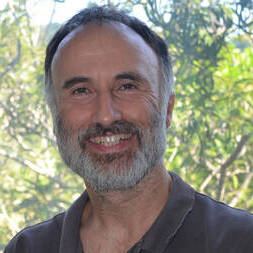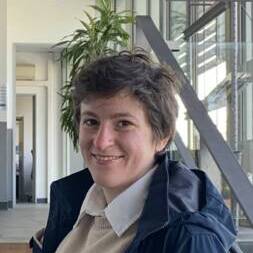Stéphane Mischler
Biography
Institution: CEREMADE, Université Paris Dauphine-PSL & IUF
Title: “On the kinetic Fokker-Planck equation in a domain”
1) Parabolic equations and the the De Giorgi-Nash-Moser approach
In a first talk, I will present some classical techniques for establishing gain of integrability estimates (first De Giorgi lemma) for solutions to parabolic equations with possibly rough coefficients. I will also discuss the link with regularity estimates (and the second De Giorgi Lemma), the Harnack estimate, the ultracontractivity property and other related results.
2) Kinetic Fokker-Planck equation
In a second talk, I will explain how the same kind of results can be generalized to kinetic Fokker-Planck equations set in the whole space and how these ones are useful for tackling existence, uniqueness and longtime behavior issues for related nonlinear and linear PDEs.
3) Kinetic Fokker-Planck equation in a domain
The last talk will be focused on the case of the kinetic Fokker-Planck equation set in a domain with different kinds of boundary conditions. I will show how the above techniques can be generalized to that framework and how one can establish the ultracontractivity of the associated semigroup and get a quantitative analysis of its longtime behaviour.
Short bio:




